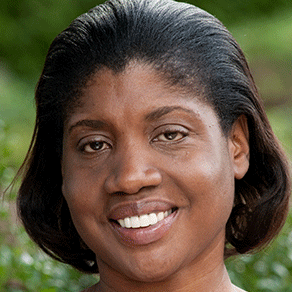 Geneive Henry, the Charles B. Degenstein Professor of Chemistry at Susquehanna University in Selinsgrove, Pennsylvania, has been awarded the Outstanding Mentorship Award from the Chemistry Division of the Council on Undergraduate Research.
Geneive Henry, the Charles B. Degenstein Professor of Chemistry at Susquehanna University in Selinsgrove, Pennsylvania, has been awarded the Outstanding Mentorship Award from the Chemistry Division of the Council on Undergraduate Research.
The award recognizes excellence in mentoring of undergraduate researchers. During her tenure at Susquehanna University, Dr. Henry has mentored more than 50 students in biochemistry, biology, biomedical sciences, and chemistry.
Professor Henry, who also serves as chair of the chemistry department, joined the faculty at Susquehanna University in 2003. Her research focuses on producing derivatives of essential oil components that have anticancer, antioxidant and antibacterial properties.
Dr. Henry earned her bachelor’s degree in chemistry with first-class honors and her doctorate in organic chemistry from the University of the West Indies.

